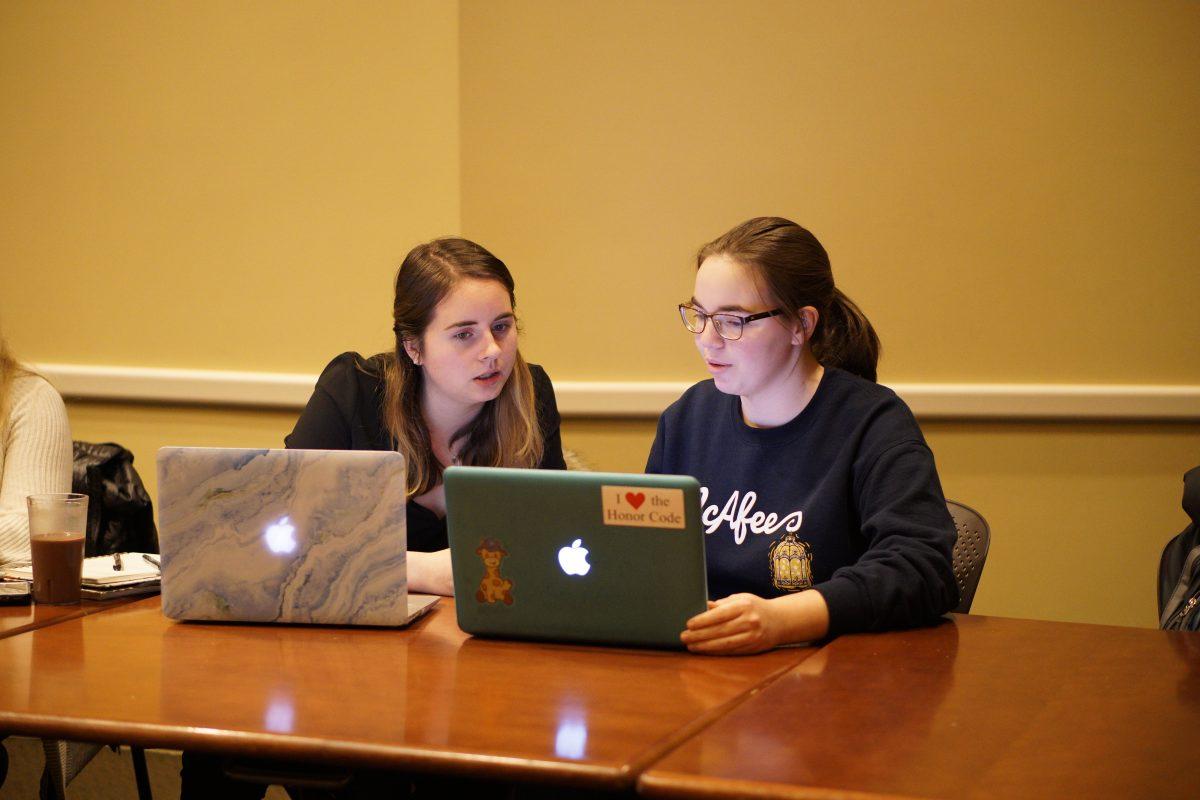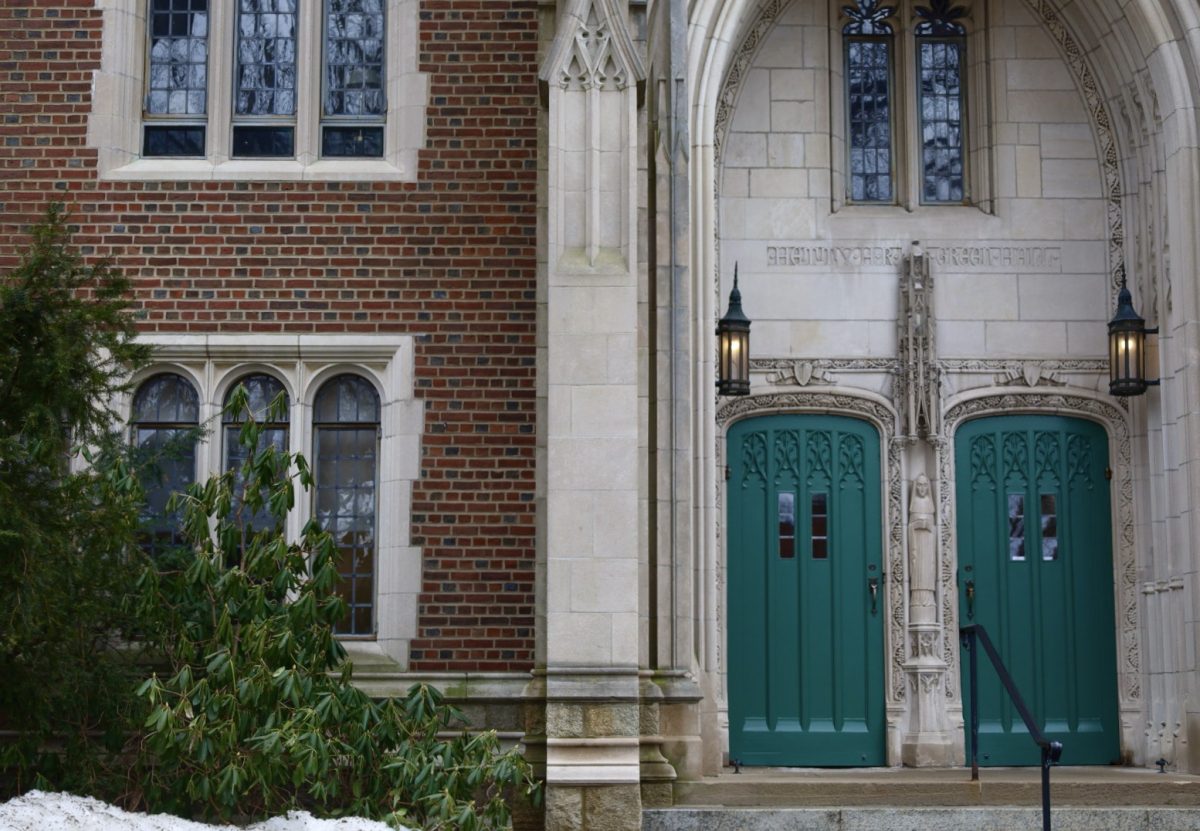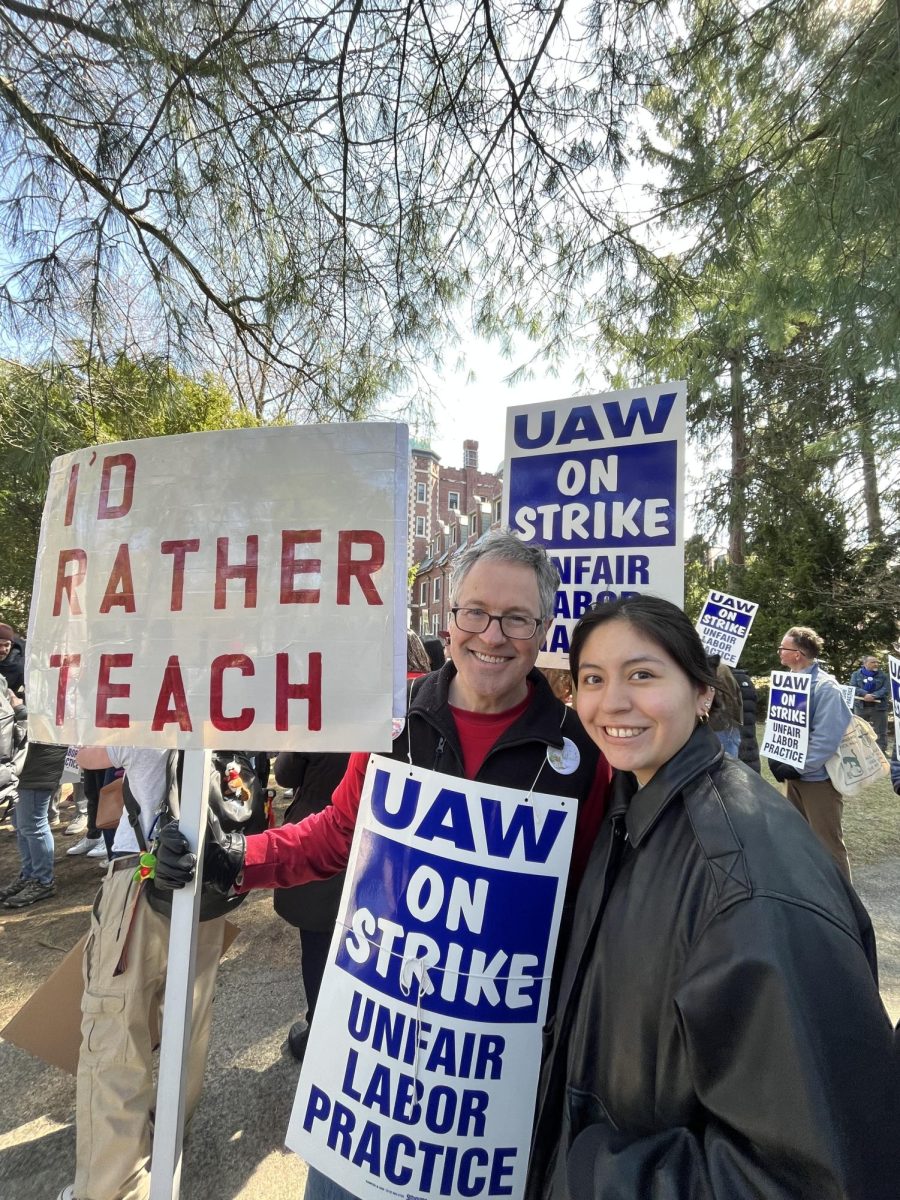At Senate on Oct. 23, Student Organizations and Appointments Committee (SOAC) members Emily Pearson ’20 and Jackie Ehrlich ’20 announced that the subcommittees of the Board of Trustees will be reduced in number.
Prior to this change, there were five subcommittees within the Board of Trustees: Investment Responsibility, Finance, Admissions and Financial Aid, Landscapes and Buildings and Student Life. According to Secretary to the Board of Trustees Marianne Cooley, the Board saw fit to change the structure of the Board of Trustees because it wished to focus more on insight and foresight rather than oversight in its work for the college.
“The Wellesley board has been a notably high performing board, and they are seeking to take something that is already good and make it better. The Board of Trustees believed that they needed to shift the focus of their work to a more strategic level in order to be more effective in serving the College’s mission,” said Cooley.
As student appointments coordinators, Pearson and Ehrlich worked with Cooley, Dean of Students Sheila Horton and Associate Dean of Students Carol Bate to ensure that students who are appointed to serve on the newly formed subcommittees will retain a primary voice in the restructured subcommittees.
“Dean Horton held a meeting with the College Government Vice President, (CGVP), the College Government President (CGP), the House Presidents Council (HPC) President and us to discuss the changes, and from there, we worked closely with the Dean’s office to ensure that student voice remains prevalent on the various Trustees committees,” said Pearson and Ehrlich in a joint interview.
With the change, there will be now be three committees: The Wellesley Experience, the Campus and Finance Committee and Wellesley in the World. While the first two committees are consolidations of older committees, the third is the only committee with a new focus.
According to Esme Stribling Hough ’20, a student representative of the newly formed Wellesley in the World Committee—a committee responsible for examining Wellesley’s presence on campus, among alums and in the wider world—student representatives serving on the subcommittees were aware that changes were being made to the structure as of this fall. As a result, the meetings began later than in previous years.
“We were told this fall that they were rearranging, which is why this meeting was a little bit later than they usually like to have it, ” said Stribling-Hough.
The changes to the subcommittees were recommended by the Board of Governance—a standing committee within the Board of Trustees responsible for the maintenance and governing logistics of the Board—after extensive consultations with President Paula Johnson, an outside expert on board governance and the trustees themselves. Based on the information they gathered from the aforementioned sources, the Board of Governance decided that the best way for the board to operate would be as small focus groups modeled after seminars as opposed to large meetings where information largely flowed from staff to trustees.
“They discussed the idea that their board discussions would need to resemble ‘flipped classrooms’ or seminars so that they would be well prepared to engage in deeper discussions in committees,” said Cooley.
As a student representative serving on a committee, Stribling-Hough believes that the new system is inclusive of all attendees, especially students.
“I really appreciate that everyone gets a role. I was really nervous my first meeting because President Johnson is there among all of the leaders, and I was concerned that maybe we were just there for show, but they really gave us a chance to speak and voice our opinions and really contribute to the conversation, which was really great,” commented Stribling-Hough.
Before the changes were implemented, trustee members were invited to sit on committees they did not serve on. According to the research conducted by the Board of Governance, serving members felt this tradition of observation impeded free conversation amongst members.
“Wellesley has had a long history in which all trustees who do not sit on a particular committee still attend the meeting to observe and listen to committee discussions. Committee members believed that while this created a Board of Trustees that was well educated overall regarding the College’s business, the number of people in the committee room inhibited candid discussion. Our experience at the first meetings with the new structure appears to confirm that hypothesis,” commented Cooley.
According to Stribling-Hough, although discussion is encouraged and cultivated, students must still voice their concerns strategically.
“I think we can speak carefully. I think there’s a responsibility to form your words thoughtfully, but I don’t think there is anything necessarily off the table. We just have to be responsible to state the concern not the emotion behind the concern,” said Stribling-Hough.
While the consolidation of subcommittees has been reported to maximize productivity, there was a concern that student voice would be limited because fewer students would be serving on committees. Students serving on dissolved committees were offered positions on the new committees. All students were placed on new committees, except for Pearson who is currently serving as a SOAC Appointments Coordinator.
“Emily Pearson decided to step down from her seat since it may have been seen as a conflict of interest for her to remain on the Board due to her position as one of the SOAC Appointments Coordinators,” said Ehrlich.






